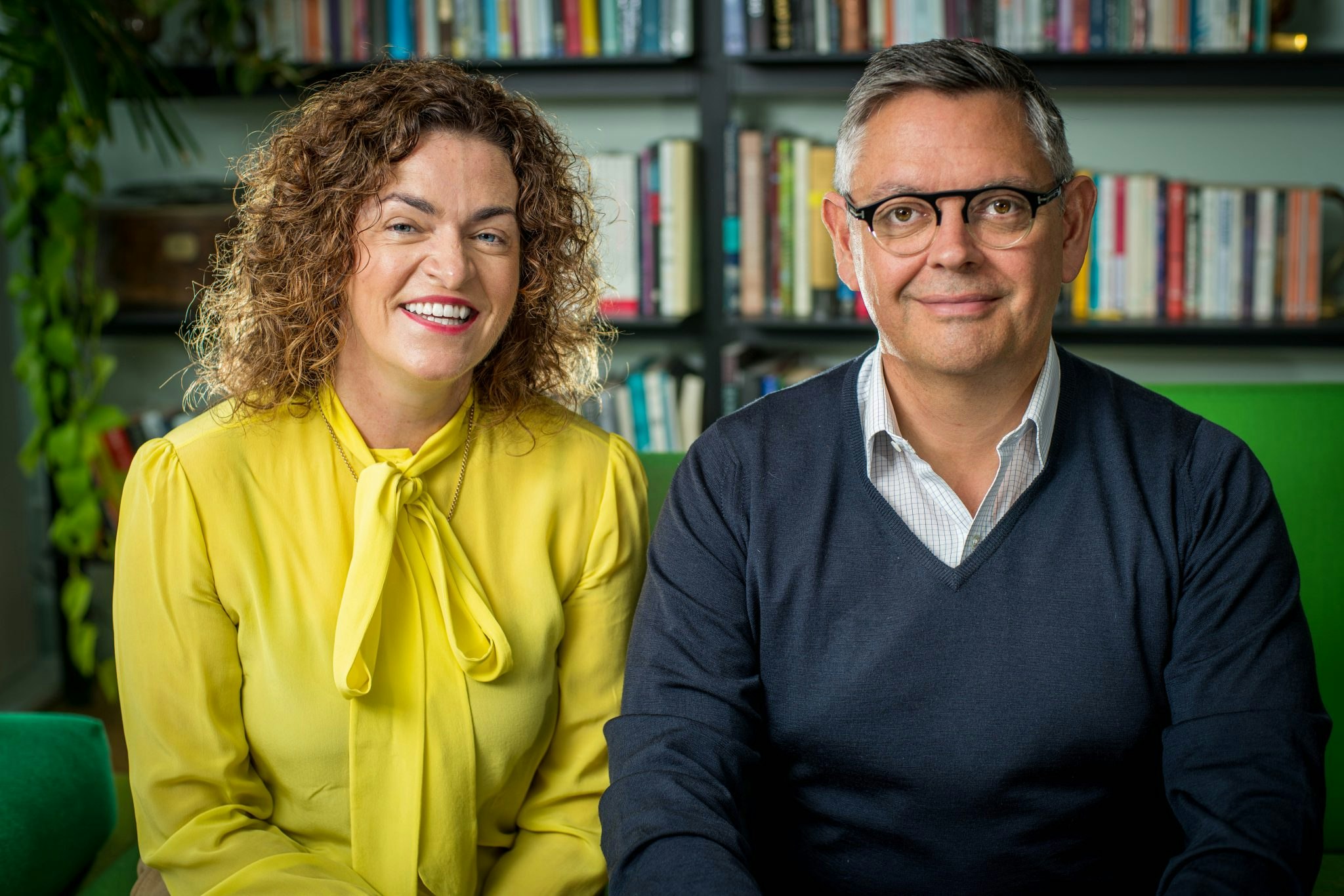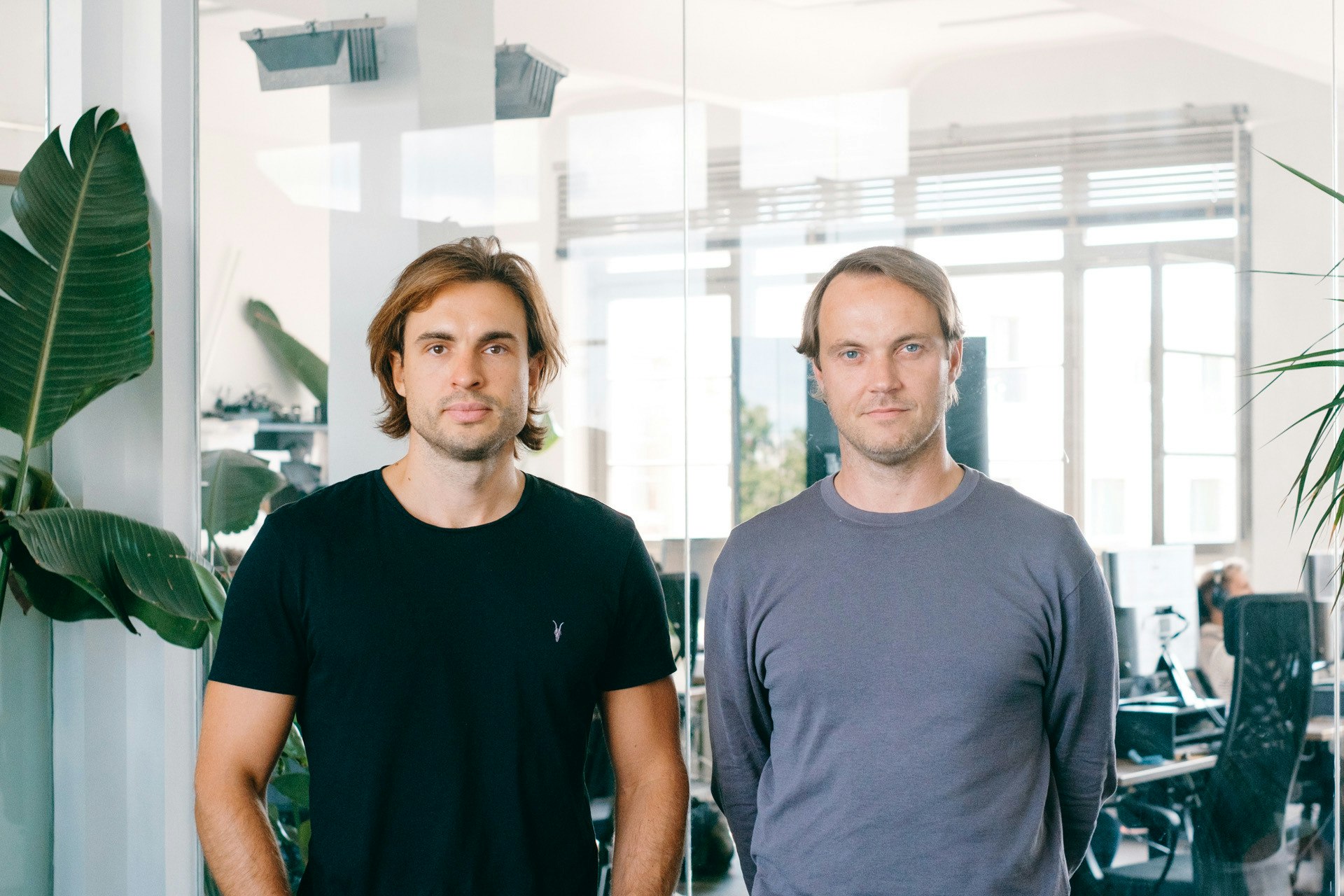Just 5% of the companies in Y Combinator’s summer cohort were climate tech companies — despite the Silicon Valley accelerator putting out a callout specifically for companies from the sector.
That said, the few European climate tech companies that did make it are reaping the benefits of the coveted programme.
The founders of Elyos Energy, a London-based startup working on energy optimisation for commercial buildings, are freshly returned from the YC programme and have just secured a $3m seed round.
Elyos’s funding comes from Rebel Fund — a fund founded by YC alumni that invests in companies from the programme — as well as Swiss fund Zeno Partners, new climate-focused VC Endgame Capital and YC itself, which makes a $500k investment in each of the startups in its cohort.
The company’s three cofounders come from Bulb, OVO Energy and Boston Consulting Group.
How Elyos works
Elyos is working on tech which helps commercial buildings — hotels, hospitals, schools, etc — use more of their energy outside of peak times, aiming to save businesses money and help the grid transition to renewable power.
As the grid comes to incorporate more renewable energy, there will be large disparities between the times when power is generated — in the daytime for solar power, for instance — and the times when energy is needed. Energy consumption peaks around dinnertime.
Electricity suppliers are introducing flexible tariffs, where consumers, and now businesses, can pay less if they use energy at lower demand times.
Elyos’s tech connects to devices in commercial buildings and automatically shifts the time they need to use electricity to outside of peak hours — it connects to things like heat pumps and thermostats.
“By shifting 10% of the peak time consumption, businesses can typically save 15% on the electricity bill,” says Adrian Johnston, cofounder of Elyos. “To put that into context, a medium-sized hotel could save $150k per year.”
Commercial buildings make up 30% of the global electricity consumption, according to the International Energy Agency. If they can use more energy outside of peak hours, it could reduce the use of gas-fired peaking plants (plants that only turn on during peak demand hours).
“The scale of change that’s about to happen to the grid is totally unprecedented. The energy transition is not going to be possible without flexibility,” says Johnston.
YC’s climate push?
Last December, YC put out a call for climate tech companies, stressing both the potential tech-driven solutions can bring and the financial opportunity the sector holds. It specified companies working on energy storage, carbon removal and the electric vehicle supply chain as particular subsectors of interest.
Out of the eleven climate tech companies that made it into YC’s 2023 summer cohort (a total of 218 companies), two are based in Europe. Alongside Elyos, the other is HyLight, a Paris-based company working on using hydrogen airships to monitor methane leaks.
“They’re looking for more climate companies all the time, it’s a space that they’re really doubling down on,” says Johnston.
Data from Climate Tech VC suggests the amount of climate tech companies admitted into YC has never surpassed 10% of the overall cohort. The winter 2022 cohort saw 29 climate tech companies admitted, the record amount.


